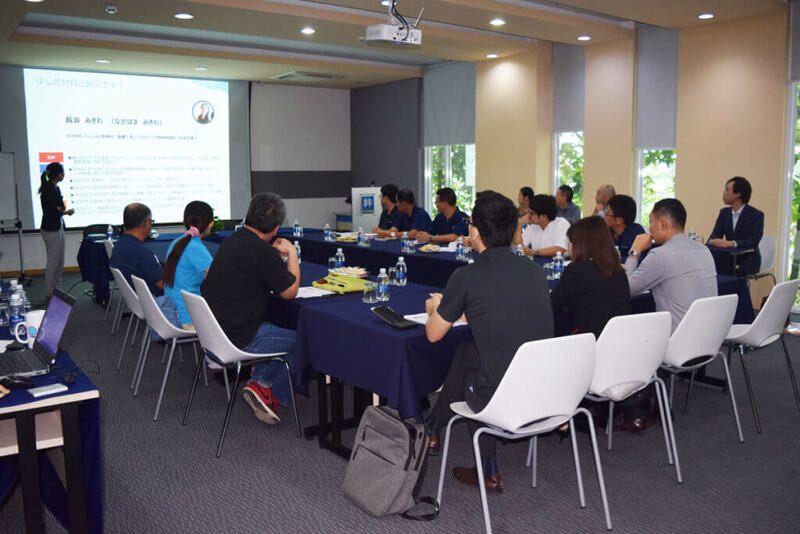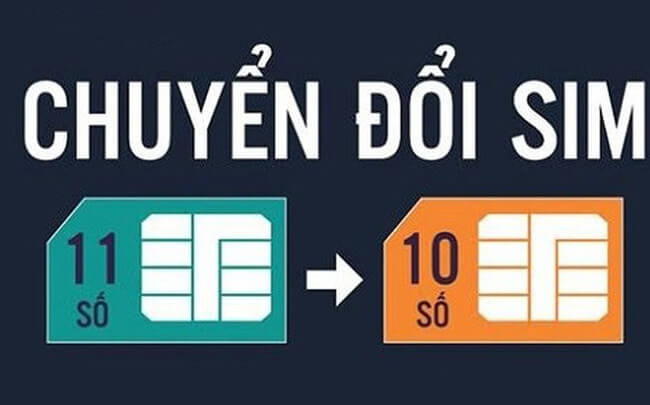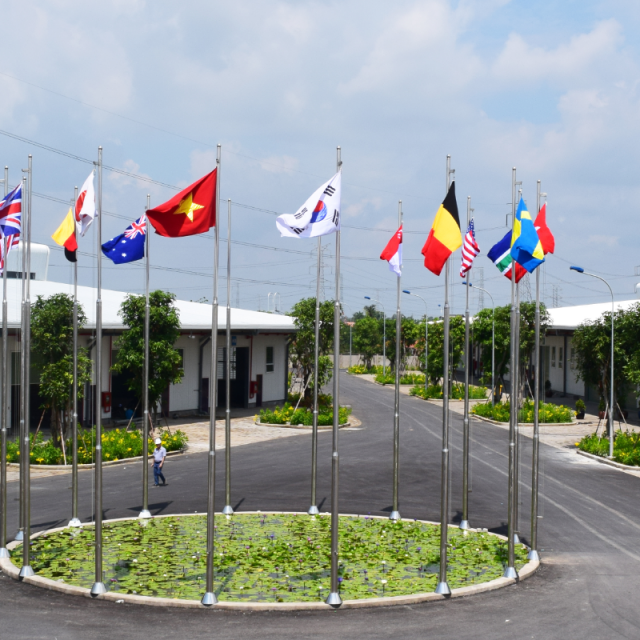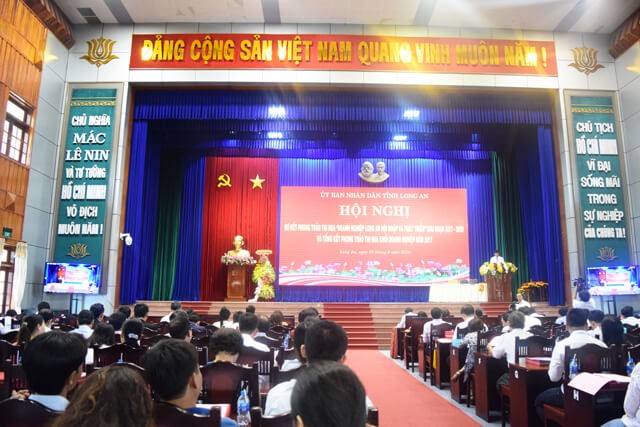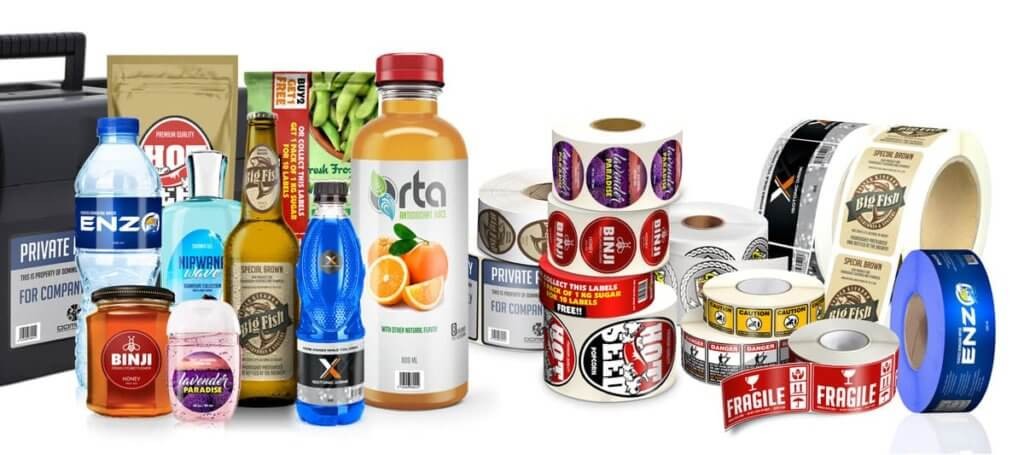Regulations on cosmetic business in Vietnam
Nowadays, using cosmetics for beauty is becoming one of essential demands of women. However, with the increasing number of beauty products, many women are worrying because of the high risk of facing products of unknown origins, products of poor quality, and fake products. Furthermore, many facilities are not granted business licenses, but they still produce and sell cosmetic products everywhere. Therefore, to tighten the management of this problem as well as to control the quality of cosmetics on the market, the Government has set out strict regulations on the production and trading of cosmetics in our country including regulations on business licenses, labeling rules and quality accreditation.
Regulations on business licenses
Any products whether imported or produced domestically shall be tested and get licenses for cosmetic circulation, also known as business licenses under the regulations of the Government. Documents for business license of cosmetics are divided into two cases as follows:
- For cosmetics imported into Vietnam, they must have business registration certificates or investment certificates of the company launched those cosmetics. At the same time, the enterprises shall also have all the documents on the formula of cosmetic compositions, the authorization of the manufacturer to the company entitled to distribute exclusively the cosmetics in Vietnam when they is announced for circulation and the last is the Certificates of Free Sale.
- For cosmetics are produced and packaged in Vietnam, they shall have formula tables of cosmetic compositions, tables of quality standards and test methods, test sheets, data proving special utility of the cosmetics (technical data or clinical data if any) and the last is the license of the manufacturer.
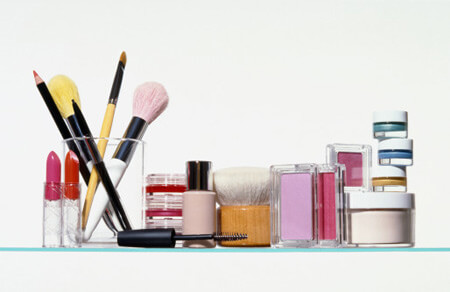
Regulations on labeling rules for cosmetics
Request for Consultation
Flexible spaces ranging from 250 - 10,000 m²
In addition to applying for a business license, cosmetic products shall also be ensured that the labeling rules are followed because it is an important factor helping consumers can trust in the products. According to Circular No. 06/2011 / TT-BYT stipulates the labeling rules of cosmetics as follows:
- Label position of cosmetics:
- Cosmetic labels are labeled on the products and the packages must be in an easily visible position in order to be able to identify the contents of the labels without having to remove the products..
- In case, it is not allowed to open or impossible to open the outer packages, it is required to have auxiliary labels with all necessary contents and information related to the products.
- Size, form and content of the labels: The organizations or individuals being responsible for the circulation of the products will determine the size of the cosmetic label by themselves, but shall ensure that the information on the label is clear, and easy to read. The contents of labels and auxiliary labels (if any) must be truthful, accurate and reflect the true functions of the products. Along with that, other factors such as color of letters, numbers, characters, and signs on the product should also be clear. At the same time, the color of letters and numbers must contrast with the background color of the label.
- Compulsory contents on the labels are the names of the products, weights, date of manufacture, expiry date, compositions, information and warnings on health safety (if any), instructions for use, instructions for preservation and their origin In case, the size and the material of the product package cannot be printed fully information on the original label, then it is required to have the product number and the lot number on the original label. In this case, the remaining contents must be fully inscribed on the auxiliary labels attached to the products and it is required to indicate clearly the position of such contents on the packages.
- The language must be written in English or Vietnamese, especially the following information, which must be written in Vietnamese: Instructions for use, names and addresses of organizations and individuals are responsible for product circulation, safety information when used.
Quality Accreditation
Quality accreditation is considered as an important step in the production and circulation of cosmetics, so the Government also set out strict regulations on this matter. According to Article 41 on cosmetic quality control, when carrying out inspection for product quality, the management department will coordinate with the inspectors of the Ministry of Health, the testing institute and the health departments to implement, monitor after-sales services for cosmetics produced domestically and imported which are circulated in the localities and handle quality problems of products. The inspection contents include checking of product labeling, information documents of such products according to ASEAN regulations, advertisement of cosmetics and checking whether such facilities comply with the rules and criteria or not. The priority of cosmetic after-sales supervision will be based on the type of products, origins, brands, trademark, formulas of product compositions under the ASEAN guideline on after-sales supervision.
The issuance of regulations on cosmetics business in our country will help the functional Agencies to more strictly control the product quality of organizations and individuals producing cosmetics on the market to prevent problems of cosmetics of unknown origins, the outspread of fake products affecting the health of consumers, especially women.
It is hoped that with the tightening of control and management from the Government and specialized Agencies, the cosmetics market in our country will be more and more stable and further development.
By Marketing Department – Kizuna JV Corporation
